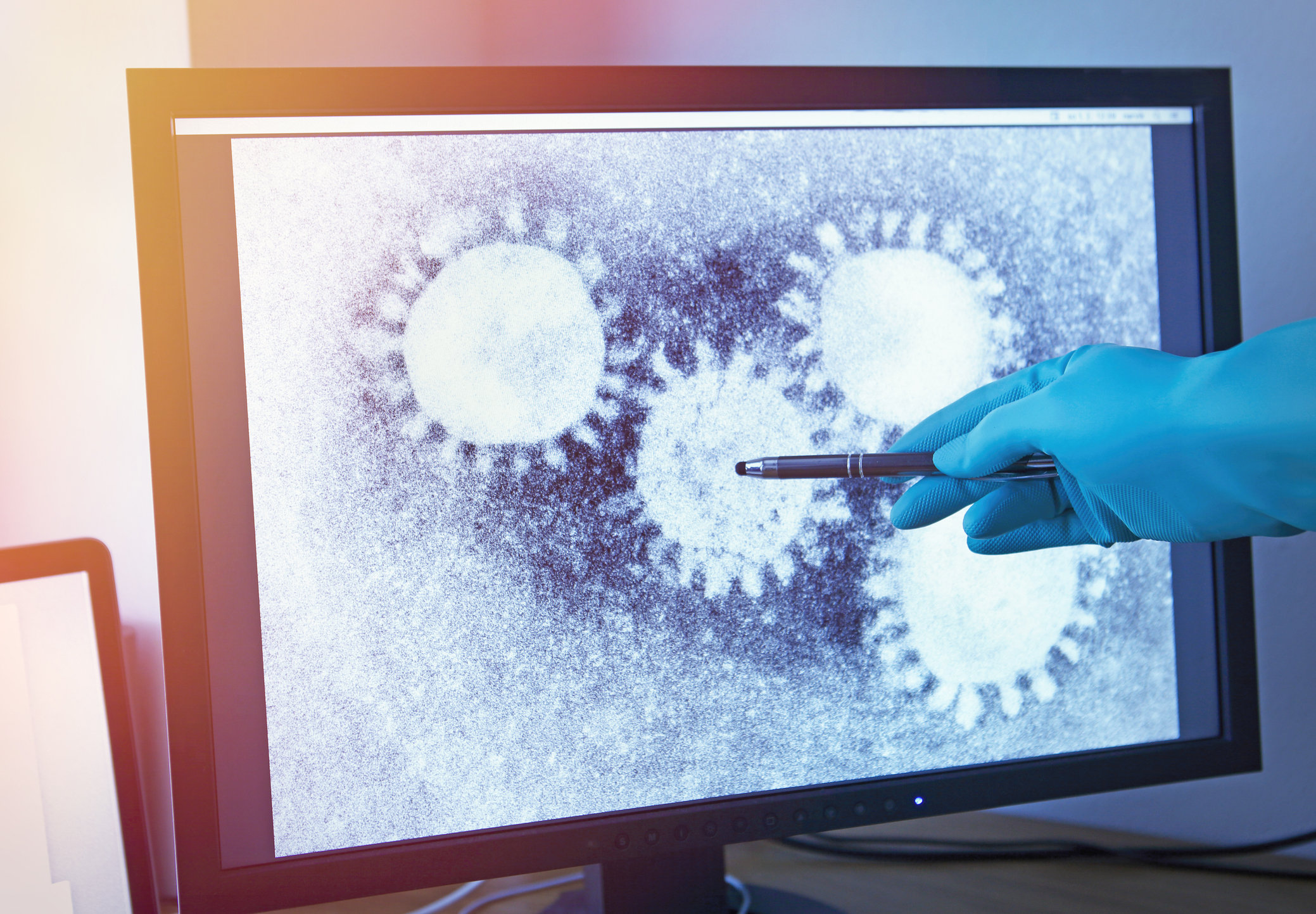Daily pills to help students (and families) organize their study in Covid-19 times, when almost one billion children have seen their schools close. Signed by Marcello Bramati and Lorenzo Sanna, deans and teachers at Faes high schools in Milan. As reported by Time magazine, they are teaching online during the lockdown, in an ongoing experiment in remote learning. Every morning at 8.30 a.m., their advice, tips and good practices for students of all ages.
In the suspended time of continuous updating on Covid-19, lots of news reaches our young students, confined in their sleeping rooms between pc and desk, in the living rooms between television and sofa.
Notions and terms such as «incubation», «asymptomatic», even «herd immunity», touch children and adolescents. They can respond with a desire to deepen, with an apparently disinterested escape or with the silent disorientation of those who don’t understand or don’t want to understand.
The teachers and, in the wake of school directions, the parents can take control of the situation and deal directly with the heart of the matter. In other words, they can put the virus that forces us in quarantine among the objectives of afternoon homework or morning classes. Study has always been a primary vehicle of knowledge and understanding is certainly the first step towards a more mature and responsible awareness.
Of course, assignments will differ according to the age and the educational path of our young students. Children in the first classes of primary school can begin to give a face to the virus with coloured pencils, in a drawing on the notebook. The teacher will then provide them with a more adult comparison.
In high school the science teacher can sit in the teacher’s desk (or better put himself in the middle of the videolesson) and provide data, activate research and question some clichés. At this point the language rises and the laboratory of the school centre becomes virtual. The class can then talk with proper terms about the virus and its reproduction, about prevention and about a possible vaccine, using the language of scientists. Science can join the social networks and the news, helping students and their parents, spectators of remote learning, to look a little closer to our enemy.

